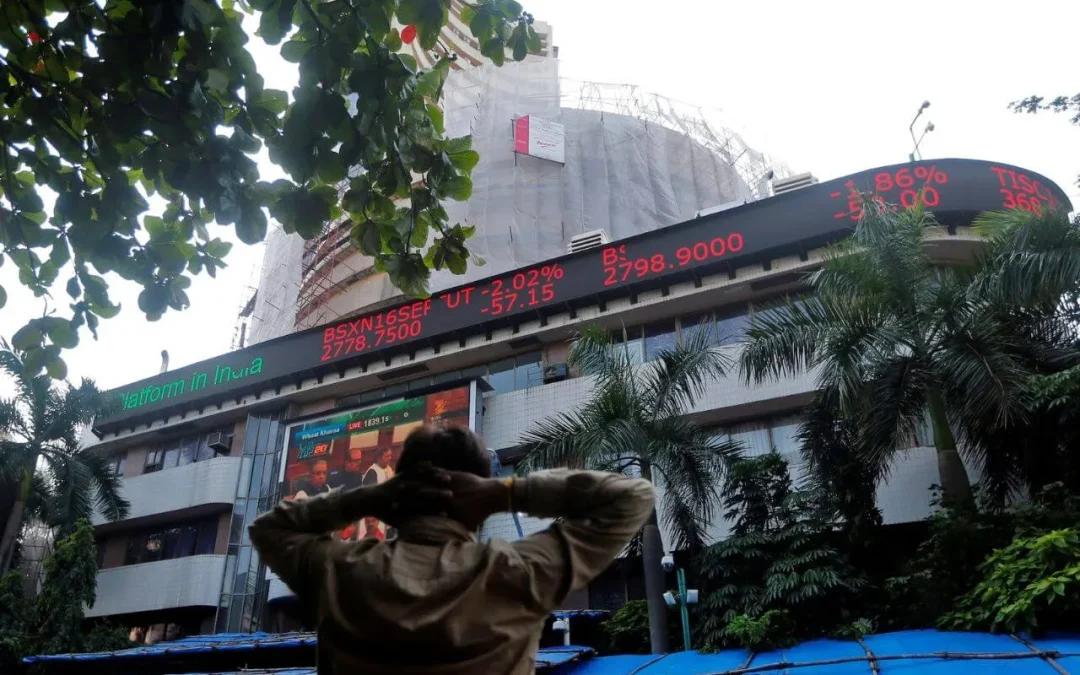As tensions escalate between India and Pakistan, investors are wondering whether to exit the stock market or maintain their positions. Recent developments, including cross-border missile strikes and military engagements, have heightened geopolitical risks.
Here’s the story that led to war: The conflict began on April 22, 2025, when a major terrorist attack occurred in Pahalgam, Jammu and Kashmir, killing 26 civilians. The attack was reportedly carried out by militants linked to Pakistan-based terror groups like Jaish-e-Mohammed. This deadly incident triggered a strong response from India, leading to heightened military and diplomatic tensions with Pakistan.
In response, on May 7, 2025, tensions between India and Pakistan escalated into a significant military confrontation. India launched “Operation Sindoor,” a series of 14 missile strikes targeting nine locations in Pakistani-administered Kashmir and Pakistan’s Punjab province. The strikes aimed at terrorist infrastructure linked to groups like Jaish-e-Mohammed and Lashkar-e-Taiba, utilizing Rafale aircraft equipped with SCALP missiles and AASM Hammer bombs, as well as SkyStriker loitering munitions. India emphasized that the operation was “focused, measured, and non-escalatory,” with no Pakistani military facilities targeted.
However, history shows that while such situations can cause short-term ups and downs in the market, they usually don’t lead to long-lasting declines. The Indian stock market has remained strong over time, even though it has reacted sharply during past conflicts, especially in areas like defense, oil & gas, and banking.
The latest tensions have already affected the rupee and made foreign investors more cautious. At the same time, defense and infrastructure stocks have gone up, as people expect the government to spend more on security and preparedness.
Here are the views of the Analyst as the India-Pakistan Tensions Rise:
Amnish Aggarwal from Prabhudas Lilladher
They stated that if the conflict between India and Pakistan doesn’t escalate further, the market will likely stabilize and move upwards. Investors should avoid making hasty decisions in reaction to short-term geopolitical events.
Also read: India-Pakistan Conflict: How Global Leaders Reacted to Operation Sindoor and Pahalgam Attack
Dr. Vikas Gupta from OmniScience Capital
They stated that long-term investors should focus on building a watchlist of promising stocks and sectors rather than panicking. There’s no need to fear missing out (FOMO). He also emphasizes focusing on high-quality stocks with strong growth potential.
Sectors to Watch: Banks, power, logistics, housing finance, and EPC (engineering, procurement, and construction) firms. These sectors are expected to have favorable valuations and capital efficiency. Additionally, defence stocks are highlighted, not due to wartime hysteria but because government capital expenditure (capex) in the defence sector might increase regardless of the escalation.
Dr. V.K. Vijayakumar, Chief Investment Strategist at Geojit
They stated the market is unlikely to be significantly impacted by India’s retaliatory strikes since this was already anticipated and priced in. The key factors driving market resilience are the significant Foreign Institutional Investor (FII) inflows, totaling ₹43,940 crore over the last 14 trading days, and India’s robust growth story and positive global macros.
Abhishek Jaiswal, Fund Manager at Finavenue
They stated that as long as the conflict doesn’t escalate, India’s economic growth trajectory is not likely to face major setbacks. While markets may react cautiously to geopolitical developments, they often recover quickly and may even outperform soon after such events.
Nilesh Shah from Kotak Mahindra
They stated that the Indian stock market has shown surprising resilience despite the political drama. He points out that Foreign Portfolio Investors (FPIs), along with domestic inflows, have turned into aggressive buyers during this period of conflict with Pakistan, helping pull the market up despite the tensions.
Written by Sridhar J
Disclaimer

The views and investment tips expressed by investment experts/broking houses/rating agencies on tradebrains.in are their own, and not that of the website or its management. Investing in equities poses a risk of financial losses. Investors must therefore exercise due caution while investing or trading in stocks. Dailyraven Technologies or the author are not liable for any losses caused as a result of the decision based on this article. Please consult your investment advisor before investing.


